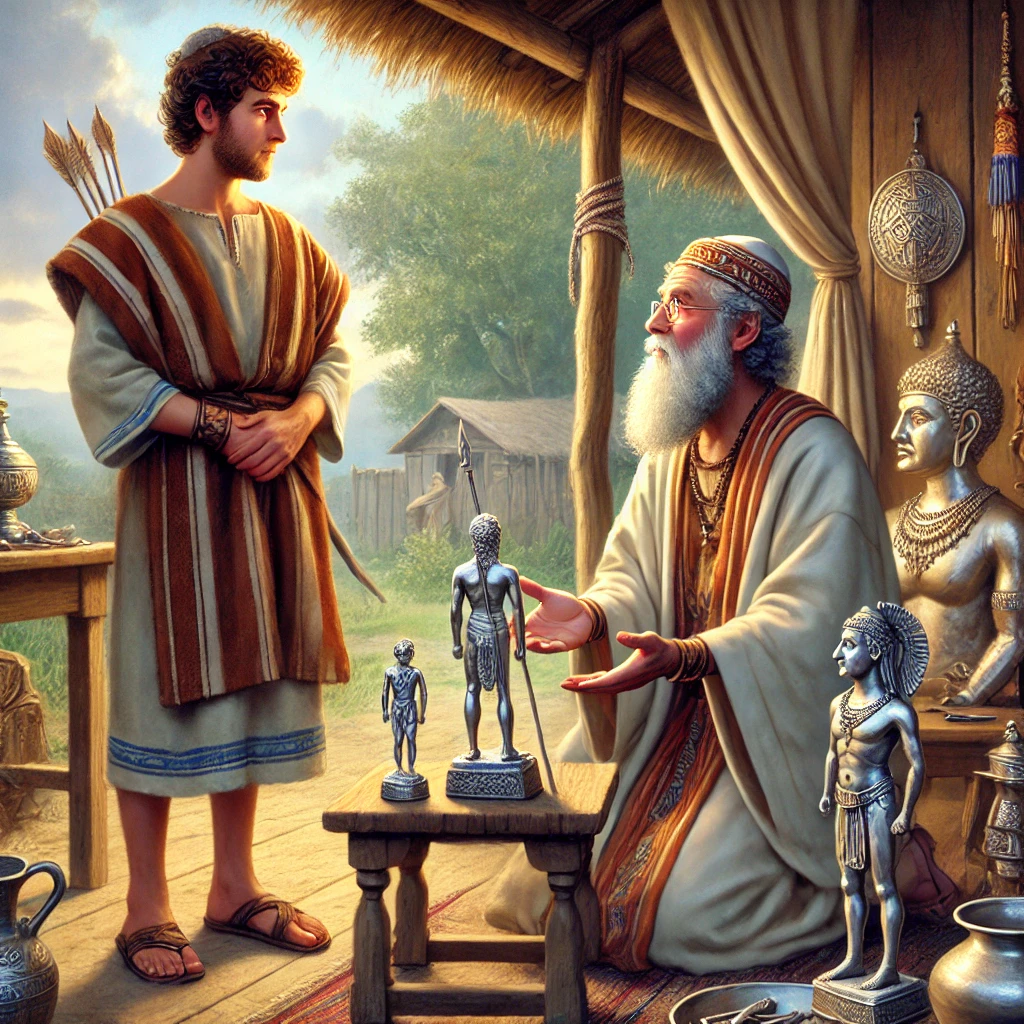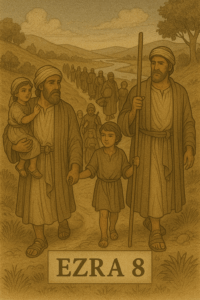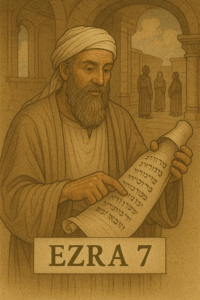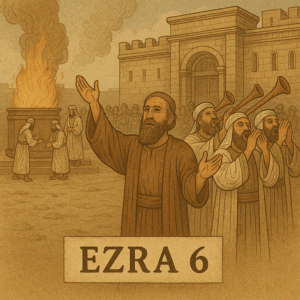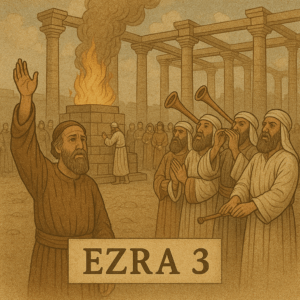Judges Chapter 17 introduces a new phase in the narrative of the Book of Judges, shifting from the stories of Israel’s deliverers to accounts that highlight the spiritual and moral decline of the Israelites. This chapter focuses on a man named Micah, who creates a private shrine and hires a Levite to be his personal priest. The narrative serves as a reflection of the religious confusion and idolatry that characterized this period in Israel’s history.
Micah’s household shrine.
The chapter begins with Micah, an Ephraimite, confessing to his mother that he has stolen 1,100 pieces of silver from her. Upon his confession, his mother blesses him and declares that she had dedicated the silver to the Lord to make a carved image and a metal idol. She gives back 200 pieces of silver to Micah, who then uses it to create a carved image, a metal idol, and a household shrine complete with an ephod and teraphim (household gods).
Micah installs one of his sons as a priest, demonstrating his misunderstanding of the proper worship of Yahweh. This private shrine symbolizes the spiritual anarchy of the time, where “everyone did what was right in his own eyes” (Judges 17:6), reflecting a departure from the covenantal worship established by God.
The young Levite.
The narrative takes a turn when a young Levite from Bethlehem in Judah arrives in the hill country of Ephraim, seeking a place to stay. Micah, recognizing an opportunity to lend legitimacy to his shrine, invites the Levite to stay with him and serve as his personal priest. He offers him ten pieces of silver a year, clothing, and food. The Levite agrees, and Micah installs him as the priest of his household shrine, believing that having a Levite as a priest will bring him favor from the Lord.
Spiritual confusion and idolatry.
The story of Micah and the Levite illustrates the spiritual confusion and decline during this period in Israel’s history. Despite Micah’s intentions to serve the Lord, his actions reflect a mixture of pagan practices and misguided worship, highlighting a lack of understanding of God’s law. The Levite, who should have known better, is willing to compromise his calling for personal gain, further demonstrating the widespread corruption of the priesthood and the absence of true spiritual leadership.
Theological reflections.
Judges Chapter 17 provides a stark picture of the spiritual and moral state of Israel during the time of the judges. The narrative reveals the dangers of syncretism—mixing true worship with idolatrous practices—and the importance of adhering to God’s commands rather than following one’s own understanding. Micah’s story is a cautionary tale about the consequences of abandoning God’s law and seeking personal gain over true worship.
The impact of Judges chapter 17.
This chapter serves as an introduction to the concluding section of the Book of Judges, which illustrates the chaos and moral decline that occurs when there is no central authority and no commitment to God’s covenant. The story of Micah and the Levite invites readers to reflect on the importance of faithful worship, spiritual integrity, and adherence to God’s Word.
